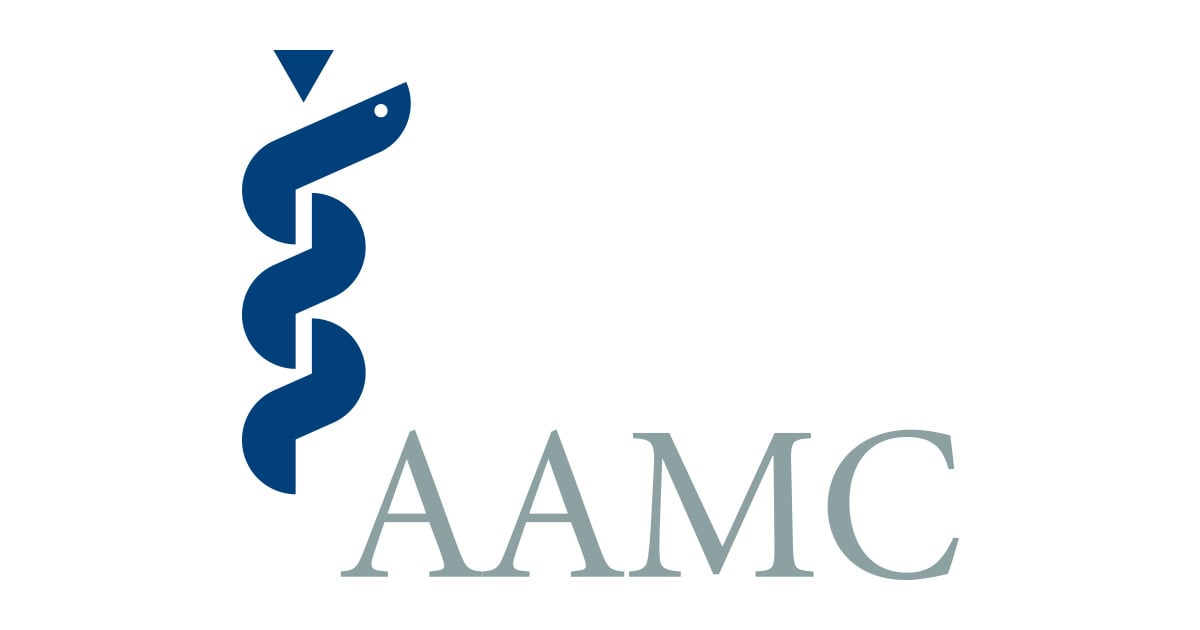Last Updated on August 8, 2022 by Laura Turner
Updated September 30, 2021. The article was updated to correct minor grammatical errors and to update formatting.
You know that people judge your character based on your behavior or appearance in an in-person interview. But what does the online you tell them? Hint: it’s more than you might think.
Some admissions committees really do look at applicants’ online profiles
According to Scott M. Rodgers, MD, Associate Dean for Medical Student Affairs at Vanderbilt University School of Medicine, “Every student should assume that admissions committees lookup applicants online and sometimes come across information that can either hurt or help a candidate.”
Barbara Fuller, MPH, Director of Admissions at The Warren Alpert Medical School of Brown University agrees. She notes that sometimes information acquired through internet searches has “changed an acceptance to a rejection.” She says that “as an applicant, you are responsible for [your] public and online face.”
Your online presence could negatively impact your application
Online displays of anything illegal, controversial, or that shows poor judgment will hurt your image. Dr. Rodgers describes an example of controversial content: “I have heard of a student posting pictures of Confederate flags, calling it an example of ‘Southern pride’, but this calls into question that student’s sensitivity to the struggles of African Americans in this country and causes admissions committees to question the student’s judgment.”
In regard to photos of drinking or “wild and crazy” behavior, Dr. Rodgers says that this type of content “suggests to admissions committees that you may be at risk for a substance use disorder in addition to unprofessional behavior. If you’re unsure about a picture or a post, ask a few trusted friends or mentors to take a look and let you know if they find something of questionable taste.
Find out what’s out there
Search on your name and see what comes up. You may be surprised to see how much of your personal information is visible. In addition to your social media profiles, you may find links to news articles, phone book listings of your address, petitions you’ve signed electronically, and comments you’ve left on websites, articles, or other people’s social media feeds. It’s good to know what comes up in these results (especially if someone with the same name has unfavorable content) so you can discuss it in an interview if necessary. It is sometimes possible to remove items that appear in search results; contact sites to ask them to remove content about you, or adjust your privacy settings so that these results no longer appear publically.
Take control
It’s a good practice to keep your social networking accounts private so you can control what others post about you. Manage your account settings so that you can approve all tags or check-ins. Delete anything you’re not proud of, or that could be misconstrued. Dr. Rodgers sums it up best: “If [you] have any doubt about posting something on social media, then simply don’t do it. It is always best to err on the side of less rather than more.”
Not everything is bad, don’t get too paranoid
According to Dr. Rodgers, “An applicant shouldn’t assume that everything online is bad and should be removed. For example, if a student-led a major service activity at his or her university and a story about it appeared in the online university newspaper, [it’s] a very good thing!”
When an interviewer or school asks for your password(s)
Never share your passwords with anyone, anytime. It is not appropriate for anyone to ask or require you to share your passwords, see the Social Media Bill of Rights.
Social Media Best Practices
- Make all accounts private
- Keep pictures, statuses, and comments clean
- Approve tags and check-ins from friends
- Always sign out of a public or shared computer
- Never share your password
For more, visit our student hub at www.aamc.org/students, and follow us @AAMCPreMed on Twitter and Facebook!
The AAMC leads and serves the academic medicine community to improve the health of people everywhere. Founded in 1876 and based in Washington, D.C., the AAMC is a not-for-profit association dedicated to transforming health through medical education, health care, medical research, and community collaborations.


